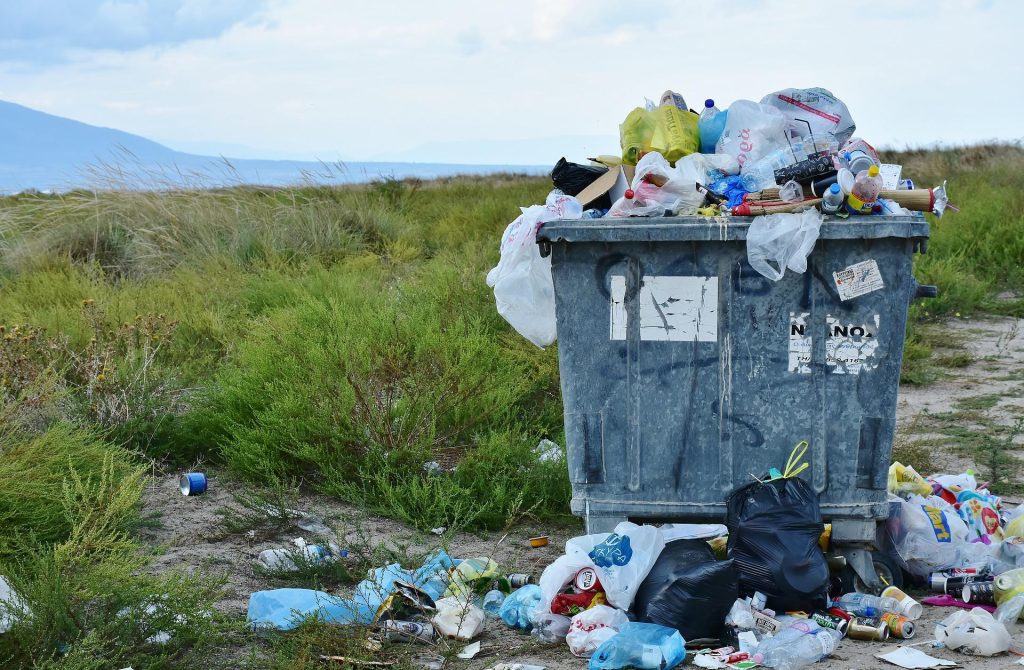Part of my job as Translation and Research Manager is to support the production of new IMSE briefing papers. Topics vary as widely as IMSE’s research themes, which cover sustainability, innovation and health and wellbeing. One of the current papers in preparation is on chemical additives in plastics. This really combines all three themes! So I’ve been exploring how the UK currently does chemicals regulation. It’s complicated… To find out more, I attended a meeting of the UK Chemicals Stakeholder Forum last month.
UK chemicals stakeholder forum

The UK chemicals stakeholder forum brings together government bodies, trade associations, charities, campaign organisations, academics and individuals who focus on the management of chemicals in the UK. Since the website says anybody can attend and participate, I thought I’d sign up to observe!
I was rather out of my depth at the meeting as I’m not an expert in chemicals regulation, though having read the draft briefing paper I had a good start. Here are some of the topics that came up:
- tackling PFAS (perfluoroalkyl and polyfluoroalkyl substances) and EDCs (endocrine disrupting chemicals) as priorities.
- how to manage chemicals in a circular economy.
- regulating chemicals by group rather than individually.
- Risk-based vs hazard-based categorisation of chemicals.
We heard contributions from people from all stakeholder groups. Unsurprisingly, some people at the meeting argued for stricter regulation and some people argued for greater freedom for businesses. I was very impressed (though not surprised) that discussion was universally constructive, even where significant disagreements were expressed. It’s so easy to assume that because everybody’s shouting at each other in Parliament or on Twitter, that must be the case everywhere! But instead we heard a detailed discussion from people with decades of experience in the field, trying to ensure that the system works for the people, ecosystems and businesses they represent.
UK chemicals regulation is in transition
The regulation of chemicals in the UK is governed by several interlocking pieces of legislation, so it is complex. Plastic additives are covered by the REACH framework, which stands for the Registration, Evaluation, Authorisation and Restriction of Chemicals. This is a structure for controlling the use of chemicals used on their own, in mixtures or as part of an object, like a car or a piece of furniture.
The UK followed EU REACH regulations until the end of the Brexit transition period at the end of 2020. After this, a new UK REACH framework replaced EU REACH legislation. The rules for how companies can import and export chemicals changed.

The Health and Safety Executive and the Department for the Environment, Farming and Rural Affairs (DEFRA) now develop the UK chemicals strategy. (Things are a bit different in Northern Ireland.) DEFRA are currently running a consultation on some details of UK REACH, asking for public input.
Meanwhile, the Europeans Chemicals Agency (ECA) continues to update EU REACH legislation. Additional substances are regularly added to the restricted lists. Campaigners are concerned that the UK is falling behind. Gaps between UK and EU chemicals regulations make it more difficult for the UK chemical industry to trade with the EU. Unsurprisingly, representatives of industry bodies on the forum were very concerned about this. However there were also comments about how expensive and laborious the ECA process is, and how this stifles innovation for new chemicals even at the largest companies. There’s room for a nimbler system.
Global chemicals regulation is in transition too
In addition, a new UN body for chemicals pollution, like the Intergovernmental Panel on Climate Change or the Intergovernmental Science-Policy Platform on Biodiversity and Ecosystem Services is also being set up. This idea is supported by many scientists and professional bodies, including the Royal Society of Chemistry. How will this interact with the US, EU, UK, WHO and all the rest of the existing international protocols for regulating chemicals? It’s all up for discussion over the next 2 years.
The future of international chemicals regulation in the UK is therefore rather unclear. It’s important that UK regulations protect UK residents and environment. The development of UK REACH is an opportunity to develop best practice here. However, exporting chemicals and the products made with them remains very important to the British economy. Ensuring smooth and effective continuation of international trade is therefore also necessary. This requires harmonisation with international standards, which means that UK REACH regulations cannot be too different. It’s a dilemma. My participation in the stakeholder forum was heartening because it showed me that the UK has an existing depth of knowledge, connections and goodwill which it will draw on to build the new system.
Upcoming IMSE briefing paper on additives in plastic
IMSE is delighted to be working with Arturo Castillo Castillo again, who was part of the team who delivered the 2020 IMSE briefing paper on Enabling a greener plastic future through molecular science.
The new briefing paper focuses on the chemicals which are added to plastics, not the core monomers that make up the bulk of the object. These additives change the properties of the plastic, for example flexibility, colour, resistance to light or flammability. A very wide range of chemicals are used as plastic additives, and several groups are known to be potentially or actually toxic to human health and the environment. These include PFAS and EDCs, among other groups.

In addition, because we all have so many different types of plastic in our homes, chemical additives are also present in unpredictable mixtures. The risk to our health of these mixtures is unknown. These risks are also hard to study because the mixtures are so variable. And when plastics get recycled, they form new mixtures, which also have risks. These mixtures are currently not monitored or regulated. What can we do about that? What would a good regulation system look like? These are the questions Arturo tackles in the new briefing paper. Royal Society of Chemistry’s excellent plastics explainers show that they are also concerned about this.
Your opinion
Do you worry about plastic additives? In your opinion, does the UK system favour business or the consumer/environment? What do you think about the new UN chemicals pollution panel – will it do anything useful?